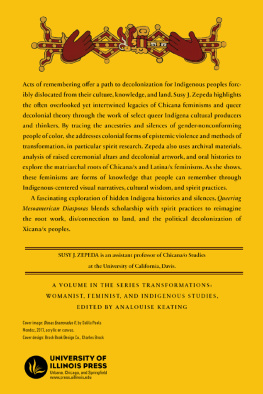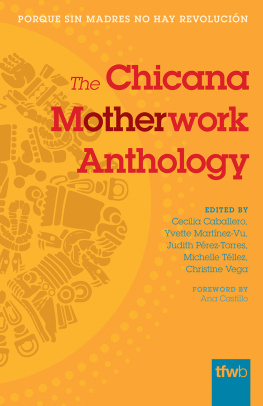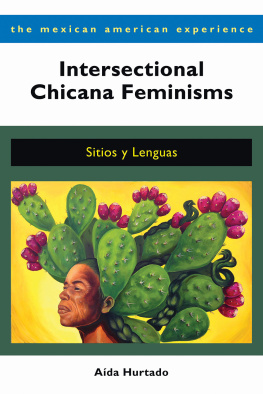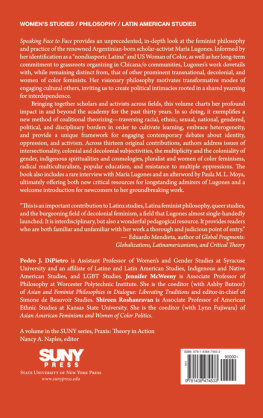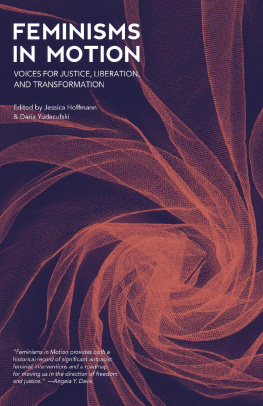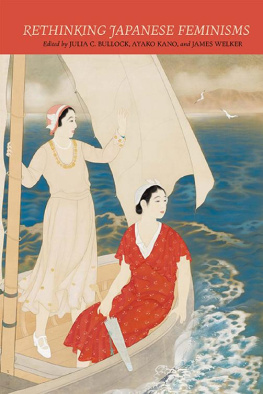TRANSFORMATIONS: WOMANIST, FEMINIST, AND INDIGENOUS STUDIES
Edited by AnaLouise Keating
A list of books in the series appears at the end of this book.
QUEERING MESOAMERICAN DIASPORAS
REMEMBERING XICANA INDGENA ANCESTRIES
SUSY J. ZEPEDA

2022 by the Board of Trustees of the University of Illinois
All rights reserved
Parts of chapter 1 originally appeared in Decolonizing Xicana/x Studies: Healing the Susto of De-indigenization, Aztln: A Journal of Chicano Studies 45, no. 1 (Spring 2020): 22541.
Parts of chapter 3 originally appeared in Queer Xicana Indgena Cultural Production: Remembering through Oral and Visual Storytelling, Decolonization: Indigeneity, Education & Society 3, no. 1 (2014): 11941.
Library of Congress Cataloging-in-Publication Data
Names: Zepeda, Susy J., 1977 author.
Title: Queering Mesoamerican diasporas : remembering Xicana indgena ancestries / Susy J. Zepeda.
Description: Urbana : University of Illinois Press, [2022] | Series: Transformations: womanist, feminist, and indigenous studies | Includes bibliographical references and index.
Identifiers: LCCN 2022003385 (print) | LCCN 2022003386 (ebook) | ISBN 9780252044533 (cloth) | ISBN 9780252086601 (paperback) | ISBN 9780252053535 (ebook)
Subjects: LCSH: Mexican American womenEthnic identity. | Mexican American womenSpiritual life. | Mexican American arts. | Hispanic American lesbiansPsychology. | Central American AmericansEthnic identity. | Indian gaysIntellectual life. | FeminismUnited States. | DecolonizationSocial aspectsUnited States. | United StatesCivilizationIndian influences.
Classification: LCC E184.M5 Z47 2022 (print) | LCC E184.M5 (ebook) | DDC 305.48/86872073dc23/eng/20220207
LC record available at https://lccn.loc.gov/2022003385
LC ebook record available at https://lccn.loc.gov/2022003386
Para todas mis abuelitas, empezando con
Rosario Snchez Bentez y Gregoria Yaez.
Doy gracias por las bendiciones y su iluminacin.
Son flores en la tierra y estrellas en los cielos.
To my ancestor nephew Orion,
tlazohcamati for illuminating our pathways to Mictlan and the cosmos.
For Maria Carmen Tavitian and Sylvia Villa, and all the mothers, life givers, abuelitxs, elders, and relatives who left this dimension too soon during transformational pandemic times.
We remember you. We honor you.
FOREWORD
ANALOUISE KEATING
What roles can scholarship (including academic publishing) play in effecting progressive transformation, at both individual and collective levels? How can we use writing, reading, publishing, and other research-related activities to foster progressive change? How do we produce scholarship that does not simply replicate the status quo but, instead, transforms itmaking it more inclusive, expansive, and revolutionary? How do we use our research and writing to enact physical-material change? And what roles might Spirit (define it how you will) play in these transformations? Can we develop Spirit-inflected epistemologies, ontologies, and methods?
Transformations: Womanist, Feminist, and Indigenous Studies emerges from these and related questions. Grounded in the belief that radical progressive changeon individual, collective, national, transnational, and planetary levelsis urgently needed and in fact is possible (although typically difficult to achieve), this book series functions as invitation into radical change. It offers new venues for transdisciplinary scholarship informed by women-of-colors theories and post-oppositional approaches to knowledge production and social change.Transformations invites authors to take risks (thematically, theoretically, methodologically, and/or stylistically) in their workto both build on and move beyond disciplinary- or interdisciplinary-specific academic rules; and, through these risks, to invent new (transdisciplinary) perspectives, methods, and knowledges.
This series is especially interested in supporting work that offers alternatives to the spirit-phobia dominating much U.S. academic scholarship. As I use the term, spirit-phobia refers to the overreliance on logical thought, narrow definitions of what constitutes empirical evidence, avoidance of nonphysical ontologies, and erasure of metaphysical speculation found in much contemporary scholarship. I coined the term spirit-phobia to describe scholars avoidance of Gloria Anzalda's politics of spirit (or what Anzalda sometimes theorized as spiritual activism); this avoidance had prevented scholars from exploring some of Anzalda's riskiest, most innovative theories. But this condemnation locks us into the status quo and, thus, inhibits our ability to envision radical change.
Susy J. Zepeda's Queering Mesoamerican Diasporas: Remembering Xicana Indgena Ancestries boldly challenges spirit-phobia. Zepeda explores a variety of spiritinfused tactics, techniques, and methods including prayer, ceremony, ritual, and altar making. She uses scholarly apparatus and language but also exceeds them. Take, for example, how empirical evidence functions in her investigation of re-membering as academic healing praxis. To be sure, memories are not empirical, if by empirical we refer to conventional western scientistic standards and definitions; however, memories are empirical when we define the term more broadly to encompass collective experiential wisdom. Or take, for another example, Zepeda's innovative engagement with Anzalda's Indigenous ancestral spiritual traditions (important components in Anzalda's esoteric spiritual mestizaje and spiritual activism). As Zepeda implies, Anzalda's decades-long struggle to bring her Indigenous-informed, mestizaje spirituality into secular feminist, Chicanx, and other academic venues played a contributing role to her premature demise. For this reason (as well as many other reasons), I'm especially delighted by Zepeda's interpretation of Borderlands/La Frontera as an altar, an ofrenda that remembers and honors the ancestors of decolonization, those that guide the process of being whole again. Inspired by Anzalda and others, Zepeda enacts what she calls methodologies of transformation (e.g., spirit research). To sit with the altar pieces from Anzalda's house, to use prayer, imagination, and deep thought as investigative techniques: this is a brave path, one fraught with dangers. I applaud Zepeda's bravery in making her way through this challenging terrain, and I'm excited to see how others (including, perhaps, you, dear reader) will build on her work.
ACKNOWLEDGMENTS
This book is a seed that was watered, nourished, and cultivated by many loving souls. Far too many to name here. Estoy muy agradecieda. I am so grateful to everyone who inspired, guided, listened, prayed, contributed and encouraged me along the transformational path of writing and birthing these pages. I thank my mother, Adela Zepeda, for birthing me and raising my sisters and me, and now co-raising my nephew Nova, while supporting my writing and journey over the years. I am grateful to my father, Armando Zepeda, who later in life has offered a healing relationship that guides the tracing of my own ancestry. Gracias a mi To Alvaro, Ta Elva, Ta Arcelia, Ta Angelina, To Fernando, Ta Gris, Ta Rosie, To Ignacio, To Luis, Ta Maria, y todxs mis tas y tos, los quiero a todos, y gracias por creer en m. Somos familia.

